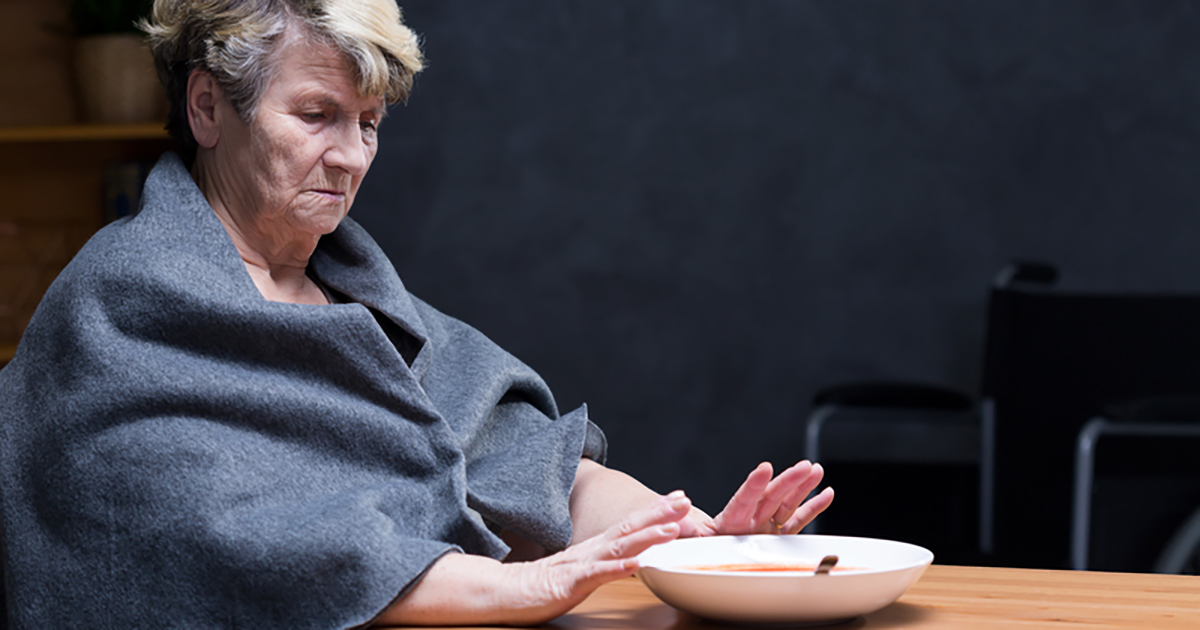Keep Your Finger On The Pulse of Extreme Exhaustion
Appetite Changes

Those affected by extreme exhaustion could notice appetite changes. For example, some individuals with this kind of exhaustion could start to eat more than they usually would, and others may respond by eating less than they normally would. Patients might start skipping meals, particularly if they are too exhausted to cook or go to the grocery store. Others with extreme exhaustion might begin to eat more than usual in an effort to improve focus or stay awake. Individuals who are dealing with extreme exhaustion may turn to fast food or restaurant meals instead of cooking at home. The appetite changes associated with extreme exhaustion are often associated with emotions instead of physical hunger. If the underlying reasons for the appetite changes are not addressed, the patient could develop disordered eating patterns that may result in weight loss or weight gain. Patients with extreme exhaustion may want to keep a food diary to measure their calorie and nutrient intake. Exhausted individuals should also track their overall sleep time to ensure they are getting at least eight hours of sleep each night. Since exhaustion and appetite changes could be signs of underlying medical conditions, patients should see a healthcare provider if these symptoms persist for more than two or three weeks or if they keep coming back.
Discover more signs of extreme exhaustion now.